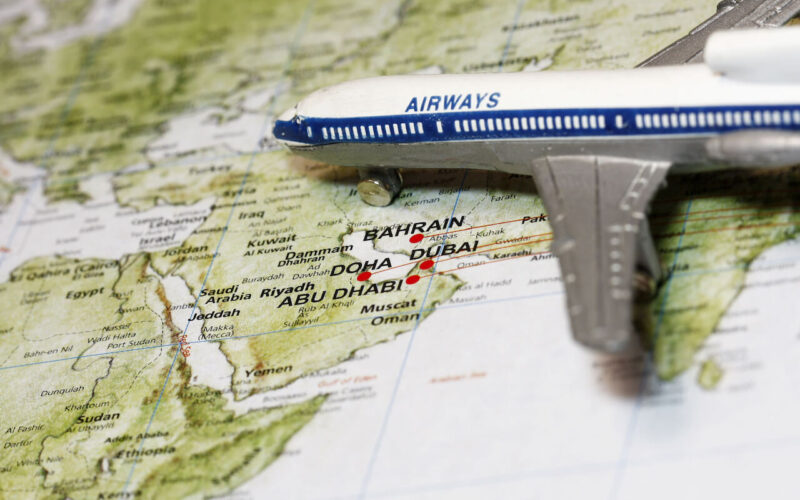Boeing has released its 2022 commercial market outlook report, where the manufacturer states that the Middle Eastern region’s aircraft fleet is projected to more than double by 2041.
The report provided a 20-year forecast of the region’s passenger traffic and commercial fleet demand.
The American aircraft manufacturer reported that air travel and tourism continues to drive economic growth in the Middle East. Due to this, Boeing said that the Middle Eastern fleet is forecasted to expand to 3,400 airplanes to serve fast-growing passenger traffic as well as cargo demand.
“The Middle East region, a popular connection point for international travelers and trade, is also growing as a starting point and destination for business and leisure passengers,” Randy Heisey, Boeing managing director of commercial marketing for the Middle East and Africa, and Russia and Central Asia Regions said in a statement.
Heisey added: “The region will continue to require a versatile fleet that meets the demands of airline and air-cargo business models.”
Middle Eastern airlines will require 2,980 new airplanes valued at $765 billion to serve passengers and trade, the planemaker added. More than two-thirds of these deliveries will enable growth, while one-third will replace older airplanes with more fuel-efficient models such as the Boeing 737 MAX, 787 Dreamliner and 777X.
It is evident that Middle Eastern carriers are continuing to experience growth and expansion. Emirates, for one, have invested more than $2 Billion to enhance its in-flight passenger experience. This includes a large-scale fleet retrofit project with plans to upgrade the interior cabins of 120 Airbus A380 and Boeing 777 aircraft.
Meanwhile, Saudi Arabia has invested more than $30 Billion to create a new international airline intended to rival the big Middle Eastern carriers like Emirates, Etihad, and Qatar Airways.
According to Boeing, Middle Eastern carriers have successfully managed through pandemic challenges by adjusting their business models and increasing usage of freighters to maximize revenue.
The full commercial market outlook report can be viewed here.

